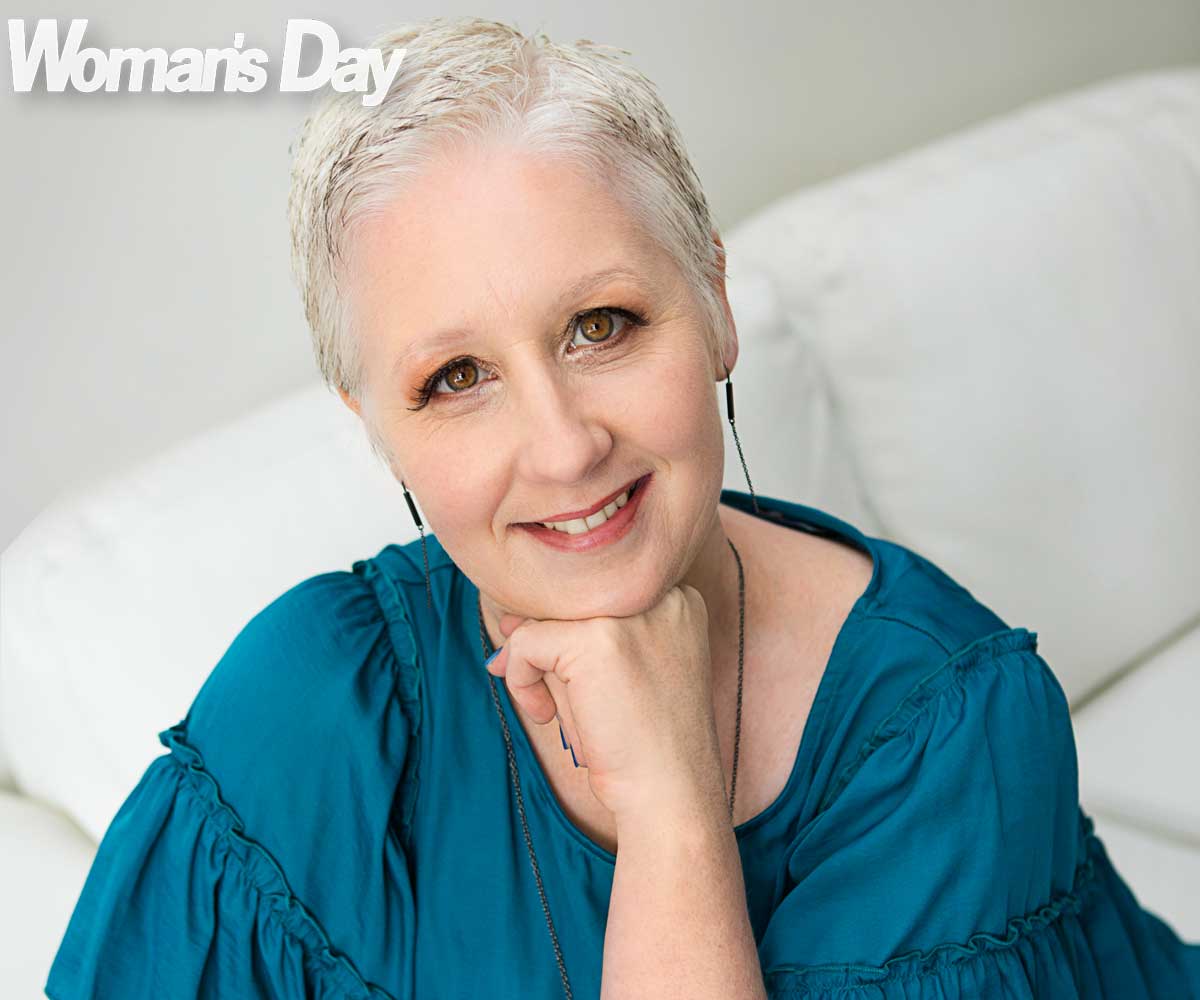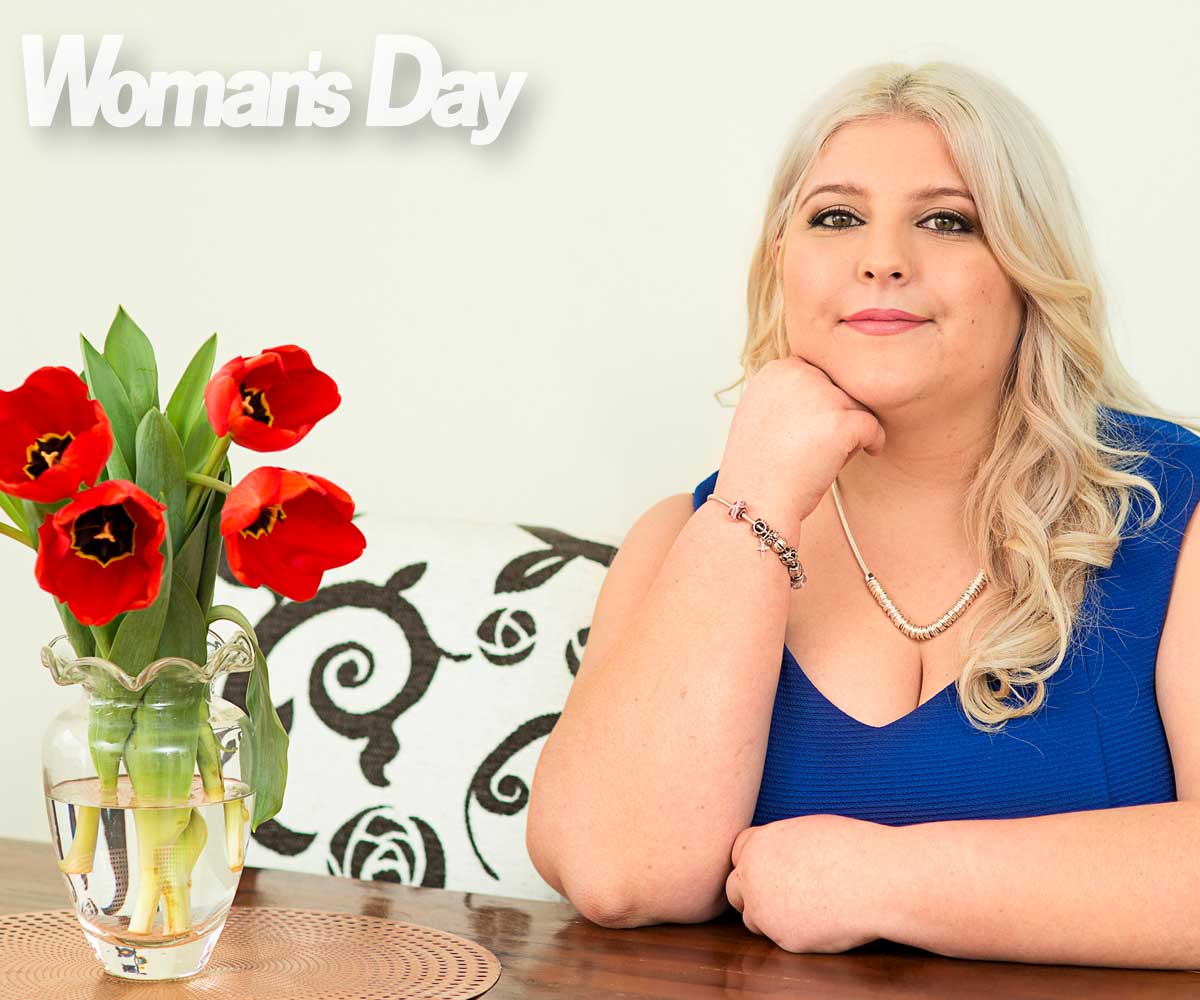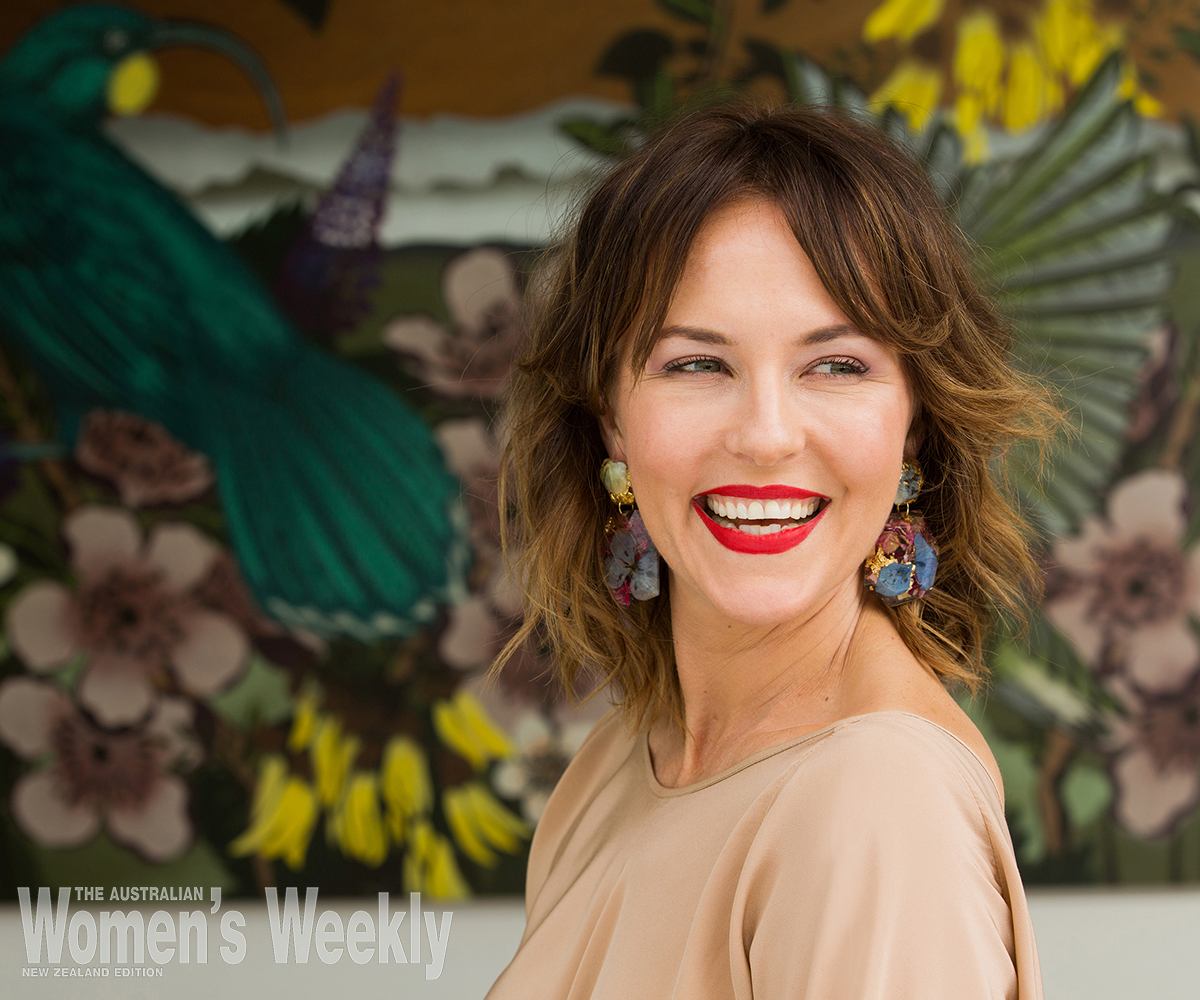Single mum Deborah Winefield knows she’s living on borrowed time. In November 2017, almost a year after first visiting her GP complaining of abnormal bleeding and back pain, she was diagnosed with terminal cancer and told she had less than 12 months to live. The 46-year-old was devastated. And she was angry.
Deborah had been to see her doctor numerous times in the months before a specialist finally referred her for a biopsy that would reveal she had late-stage endometrial stromal sarcoma – a very rare form of uterine cancer that had metastasised to her lungs.
Struggling to keep up with mortgage repayments and wanting to help her son Kaleb, 20, with university fees, South Islander Deborah had been working two jobs – a full-time admin role and night shifts at a local retail store.
“I was experiencing heavy bleeding between periods and I had back pain. But I was doing a lot of physical lifting at my second job, so I initially put the symptoms down to tiredness and the extra work I was doing at night.”
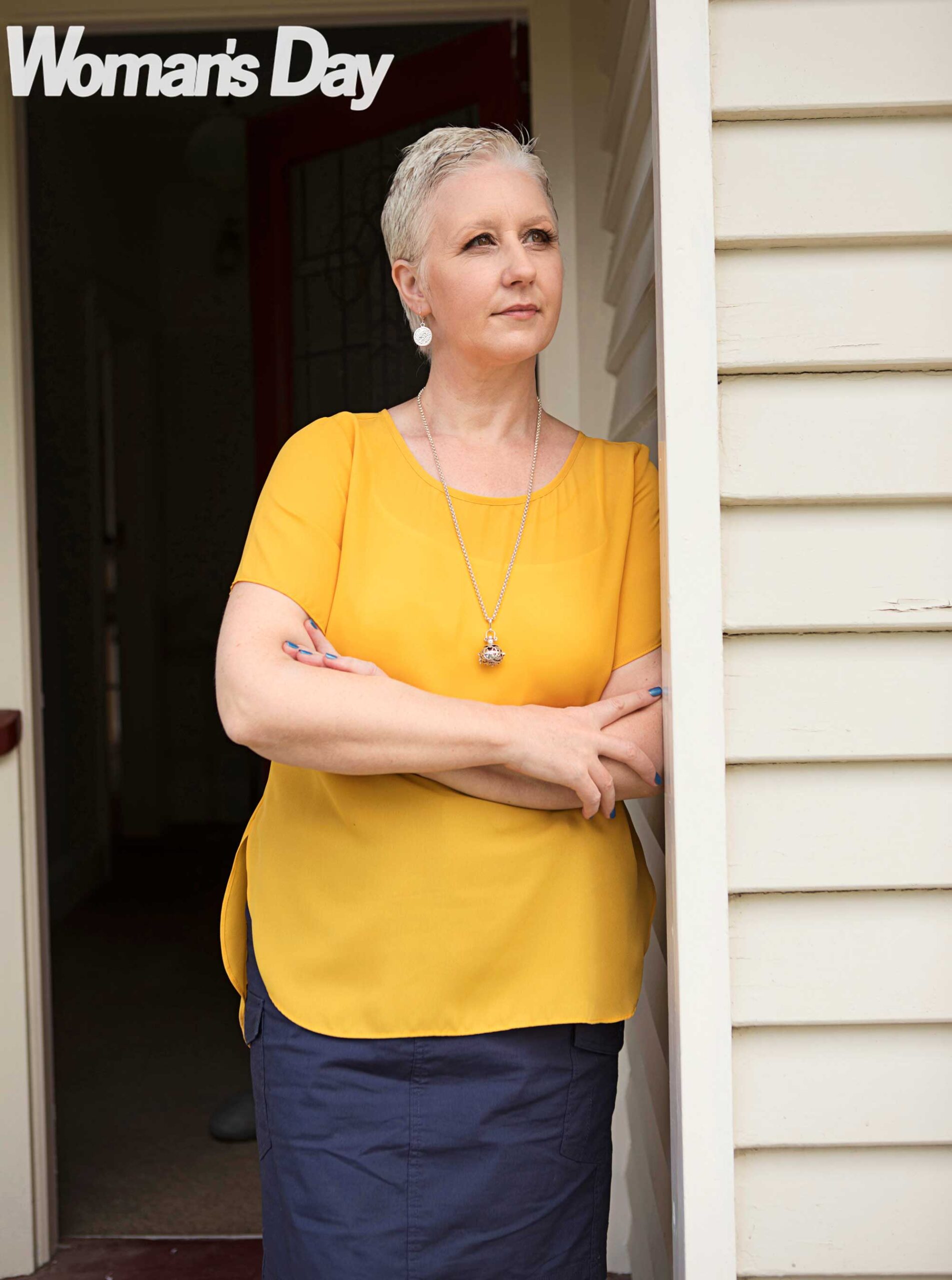
Deborah has lodged a delayed diagnosis claim with ACC, in which her specialist notes her cancer ”could have and probably should have been diagnosed earlier”.
The bleeding continued. In November 2016, Deborah made an appointment to see her GP and was prescribed progestogen, a hormone that stops ovulation.
The option of a hysterectomy was raised but put “on the back-burner”, Deborah tells.
For several months, the bleeding was manageable, but in March 2017, with the cost of doctor’s visits, prescriptions and sanitary products adding up, an exhausted and worried Deborah made yet another appointment. She was referred to her local district health board to have an IUD fitted.
Unfortunately, she didn’t qualify and was declined the procedure. “At that stage, I thought my GP would ring to explain why I couldn’t get it and what I should do next.” But no contact or follow-up was ever made.
Several months later, Deborah had an ultrasound, following a referral from the district health board.
“I assumed my GP would ring me to discuss the results and suggest what the next step would be.” Again, no contact was made.
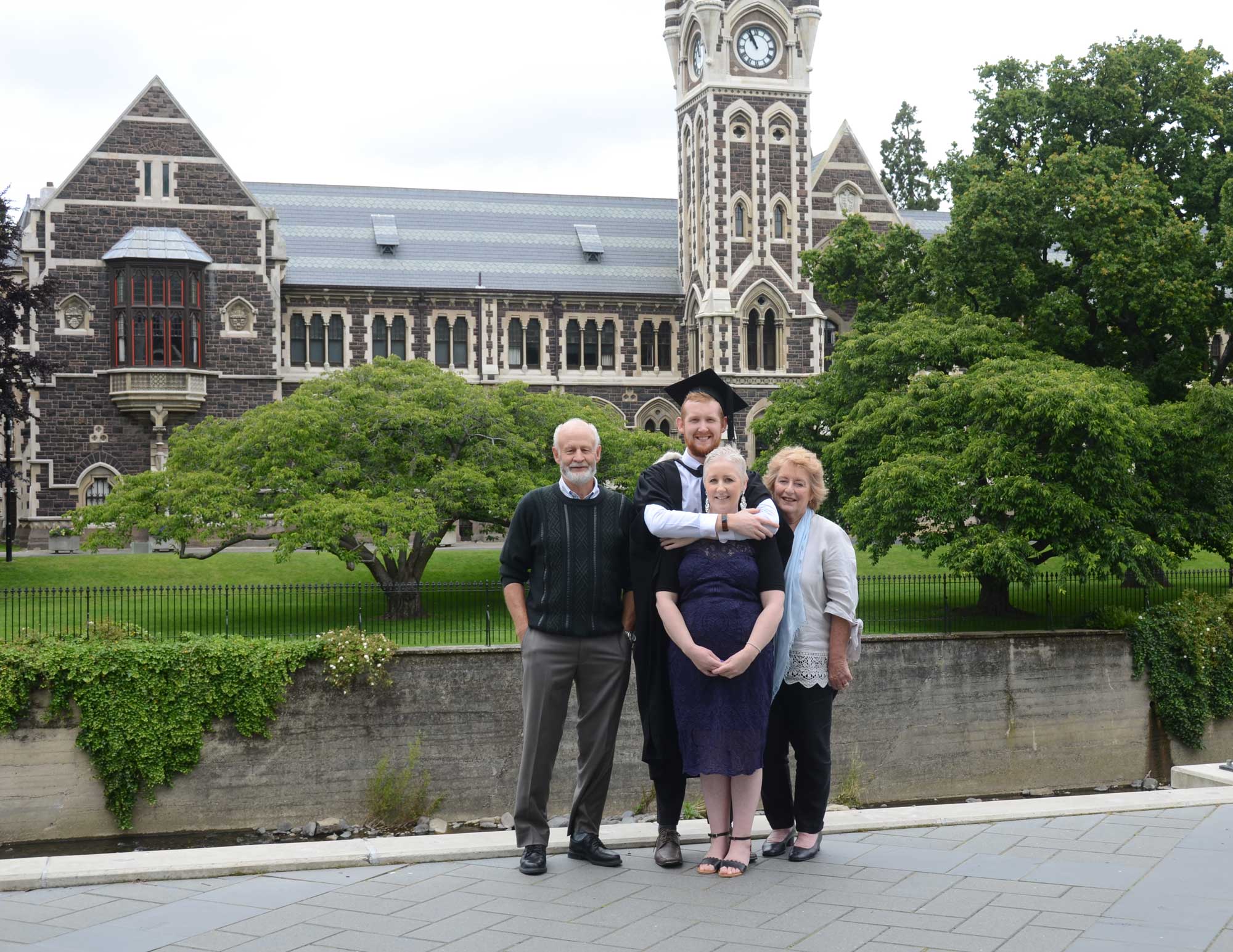
Proud Deborah with her stepfather Vic and mum Robyn at Kaleb’s graduation.
As another couple of months went by, Deborah grew increasingly anxious – and for good reason. Just days after feeling “bubbling” sensations in her cervical area, she discovered a protruding mass of tissue.
“It was the weekend, so I rang the after-hours nurse and asked what I should do. I was googling to try to find out what could be wrong with me. It was terrifying.”
Told to call an ambulance if things got worse, Deborah saw her GP on the Monday. She asked if she might have a prolapse. “The GP examined me, said I had a grade three to four uterine prolapse and then proceeded to push what I now know was a cancerous tumour back in! I was then informed that I would have to push it back in myself if it happened again.”
Shocked but also relieved that she now had a tentative diagnosis, Deborah was then referred for a hysterectomy but cautioned there would be a long wait. She never had the operation.
By September 2017, she had given up her part-time work and her full-time job was also in jeopardy. “I’d taken so much sick leave. I was still suffering from painful periods, I couldn’t lift anything, and sitting and standing were both really uncomfortable. I was just so tired.”
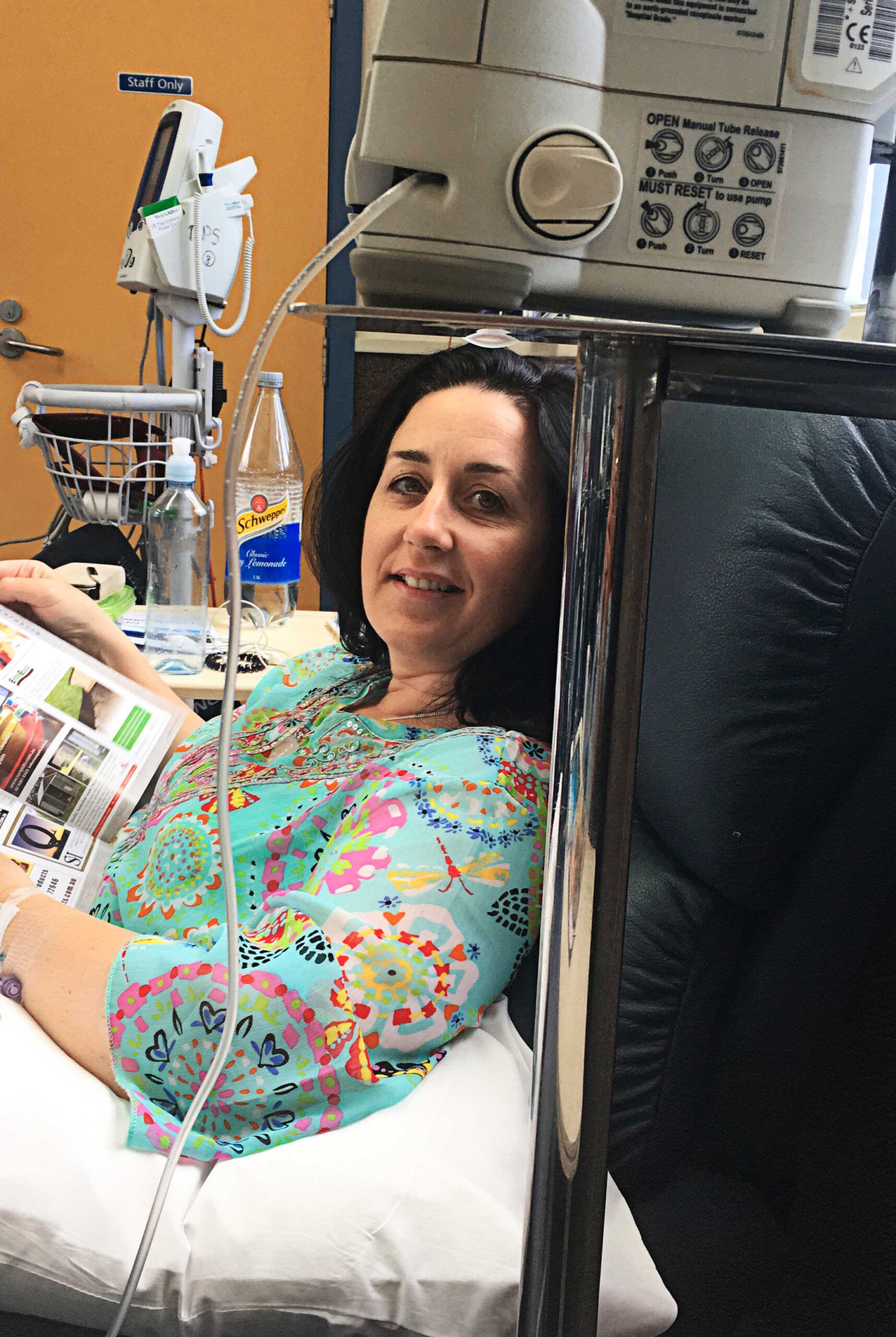
Enduring a round of chemo before losing her hair.
She was also experiencing abdominal pressure and had a painful bladder infection. Desperate, the worried mum made another appointment with her GP, at the time describing herself as “falling apart”. Deborah asked that her referral to the specialist, which was two months away, be sped up.
“The doctor said I was on the semi-urgent list and that I had done what I could, and they had done what they could – the only way I could get a faster appointment was if I had cancer!”
Deborah eventually saw a specialist in November 2017, when she was informed she had a large cervical malignancy.
A day later, she was admitted to hospital with extreme pelvic pain – the house surgeon suspected internal bleeding.
An enlarged uterus was now pressing against her bladder, making urination impossible. Sent to Christchurch Women’s Hospital, Deborah then had the biopsy that was to turn her life upside down.
“When the oncologist said the cancer I had was so rare and aggressive that I only had weeks or months to live, I was stunned. And I was angry. I was listening for some hope and there was none!”
Since then, Deborah has had a suprapubic catheter inserted and undergone “palliative” chemotherapy – the resulting hair loss, uncontrollable vomiting and infections required hospitalisation and antibiotic drips. She’s also had radiation after tumours in her uterus haemorrhaged and a blood transfusion. She spent last year living with her parents.
Deborah is currently taking Pazopanib, a drug funded in New Zealand for kidney patients only, which is costing her $5000 a month. While there has been some shrinkage of the tumours, she says the extra five months it was expected to give her is up and her future is uncertain.
Friends and family – including her sisters Anne, 55, and Karen, 53 – have set up a Givealittle page to raise money to continue the Pazopanib and possibly Lartruvo, a drug approved for use in Europe and the US, but again not funded here. They’re also exploring other immuno-
therapy treatments.
Longtime friend Leonie Kereama, who helped set up the page, says, “Deborah is much loved. She is a shining light with a brave and fighting spirit.”
“Yes, it’s taken a huge toll,” tells a weary Deborah, who is considering selling her house to pay for treatment. “But I can’t afford to be exhausted. I just have to take each day as it comes and hopefully there’s an answer somewhere.”
